Anson Williams Heimlich was best known as Warren “Potsie” Weber in “Happy Days” and played the same character in four different series. He fell in love with his costar, who played his girlfriend, and they got married in real life.
However, he had made his acting debut in a Steven Spielberg-directed episode of “Owen Marshall, Counselor at Law.” Anson Williams often played people younger than his real-life age.
When “Happy Days” came to an end, he ventured into directing and worked on “The Secret Life of the American Teenager,” “Beverly Hills 90210,” “Lizzie McGuire,” and “Sabrina, the Teenage Witch.”
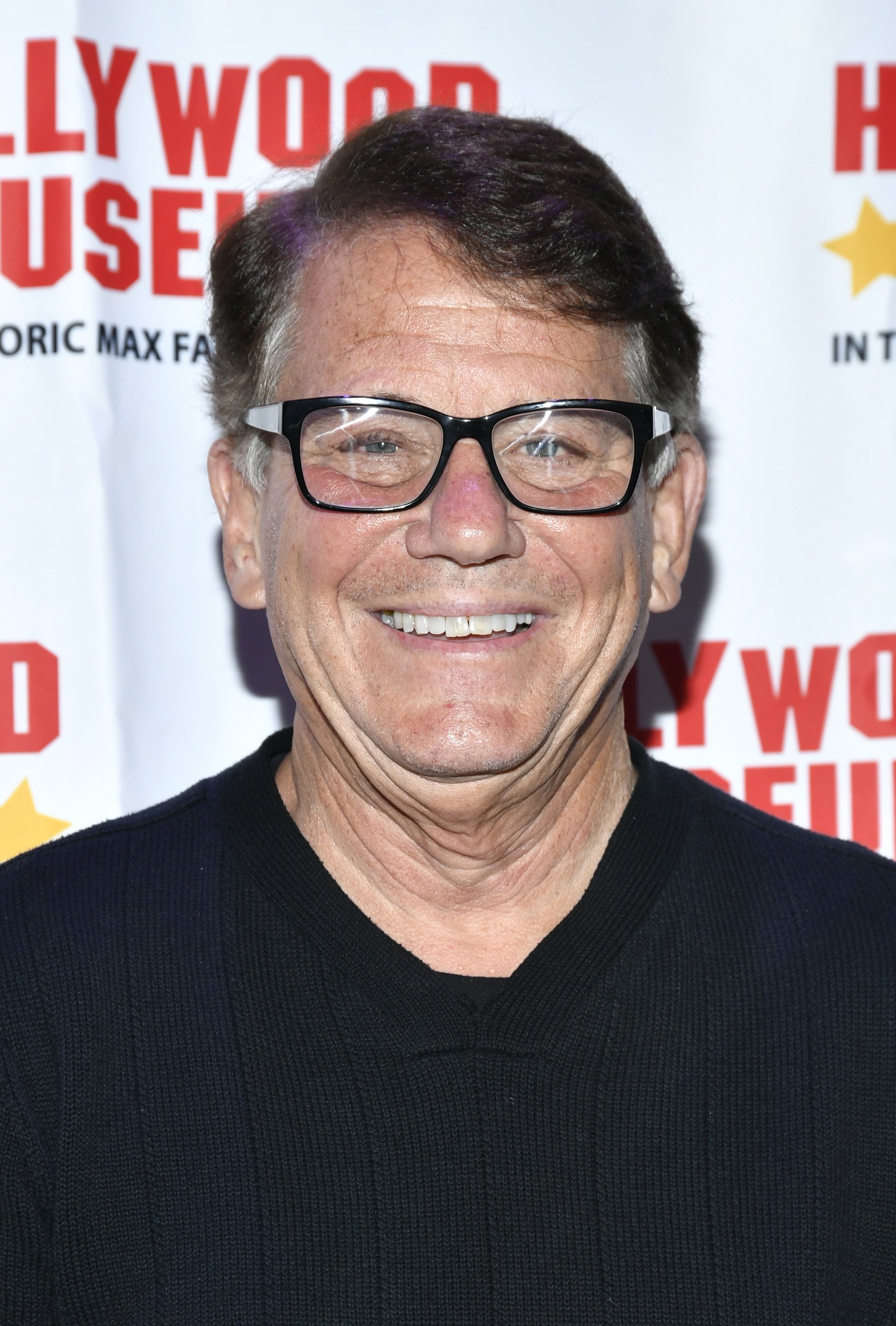
Williams grew up in Burbank with his father, a technical illustrator. At 20, Williams started attending casting calls and tried out for summer stock.
He waited in line with 300 people during his summer stock trials at the Los Angeles Masonic Temple. When he saw his competition and heard great voices, he realized he had no confidence.
After the trials, the show’s producer told him his singing was terrible, and his dancing was worse, but he had something. While studying phys ed at Pierce Junior College, he worked as a shoe salesman and in occasional commercials.
After winning the Potsie role on the “Happy Days” pilot in an audition, it boosted his career and made him dream big. From writing terrible songs, he became a performer and was the opening act for C&W star Tanya Tucker in 1976.
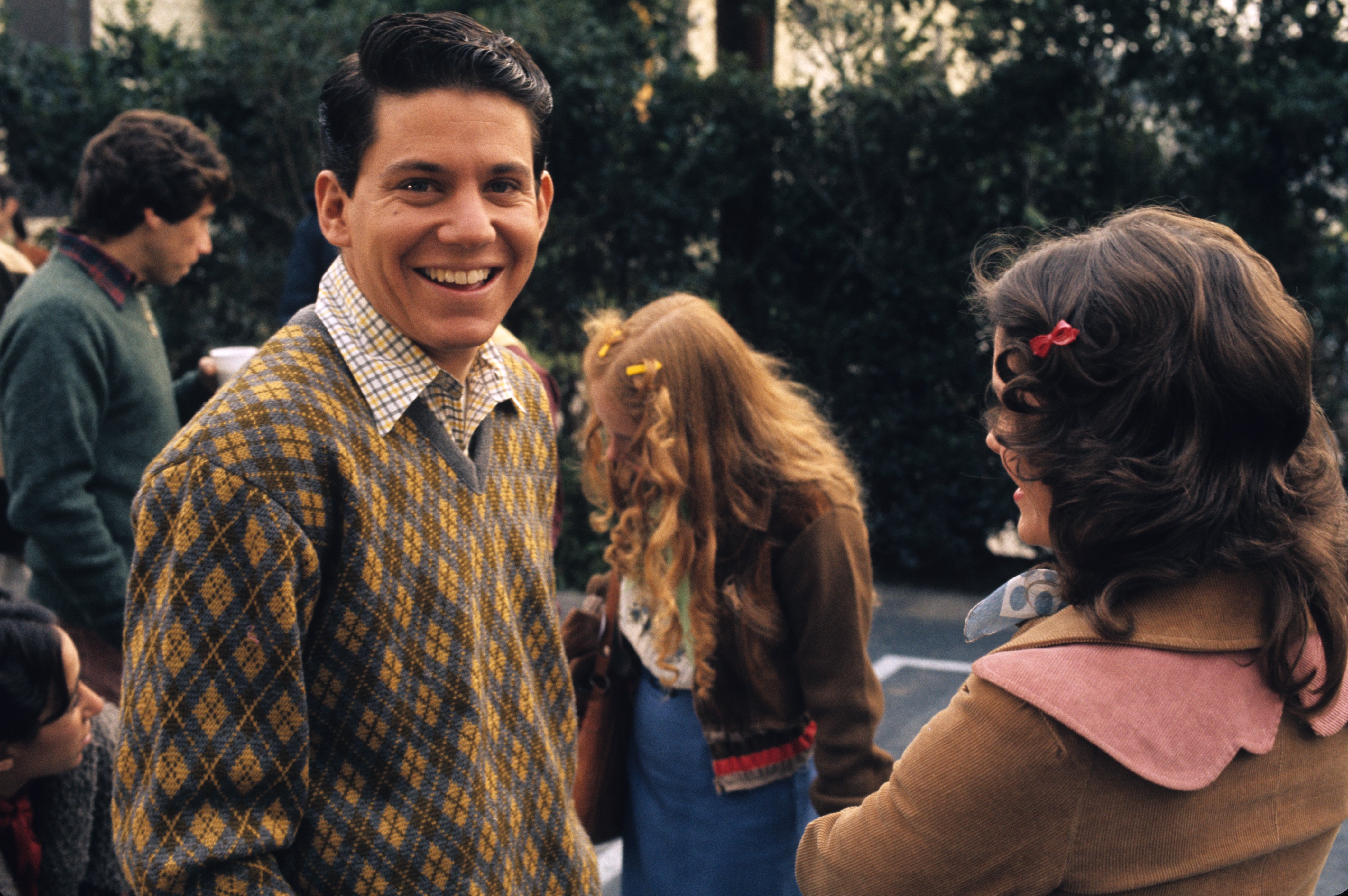
His dreams also included having a production company for developing and producing films, unique things for television, and a music end for writing songs, signing talent, and creating a label.
In his role as Potsie Weber, they incorporated Williams’s love for music into his character. When the writers discovered that he was always singing backstage, they worked that into his role.
When he started, he got a commercial agent and promised his dad that if acting didn’t work out, he’d quit after a year, but luckily it worked out for him.
When an actor’s international creative agent refused to see him in those early days, he staged a sit-in and told them he wouldn’t leave without representation. Before the end of the day, he was on the agent’s client’s list.
Lorrie Mahaffey, whose father is a major general, grew up on army posts in Germany and the U.S. She sang in church with her younger sisters before joining the school choir.
Their choir performed at the Nixon White House and Carnegie Hall. Mahaffey began working in the Opryland variety shows at 18. Two years later, Williams was in a performance there.
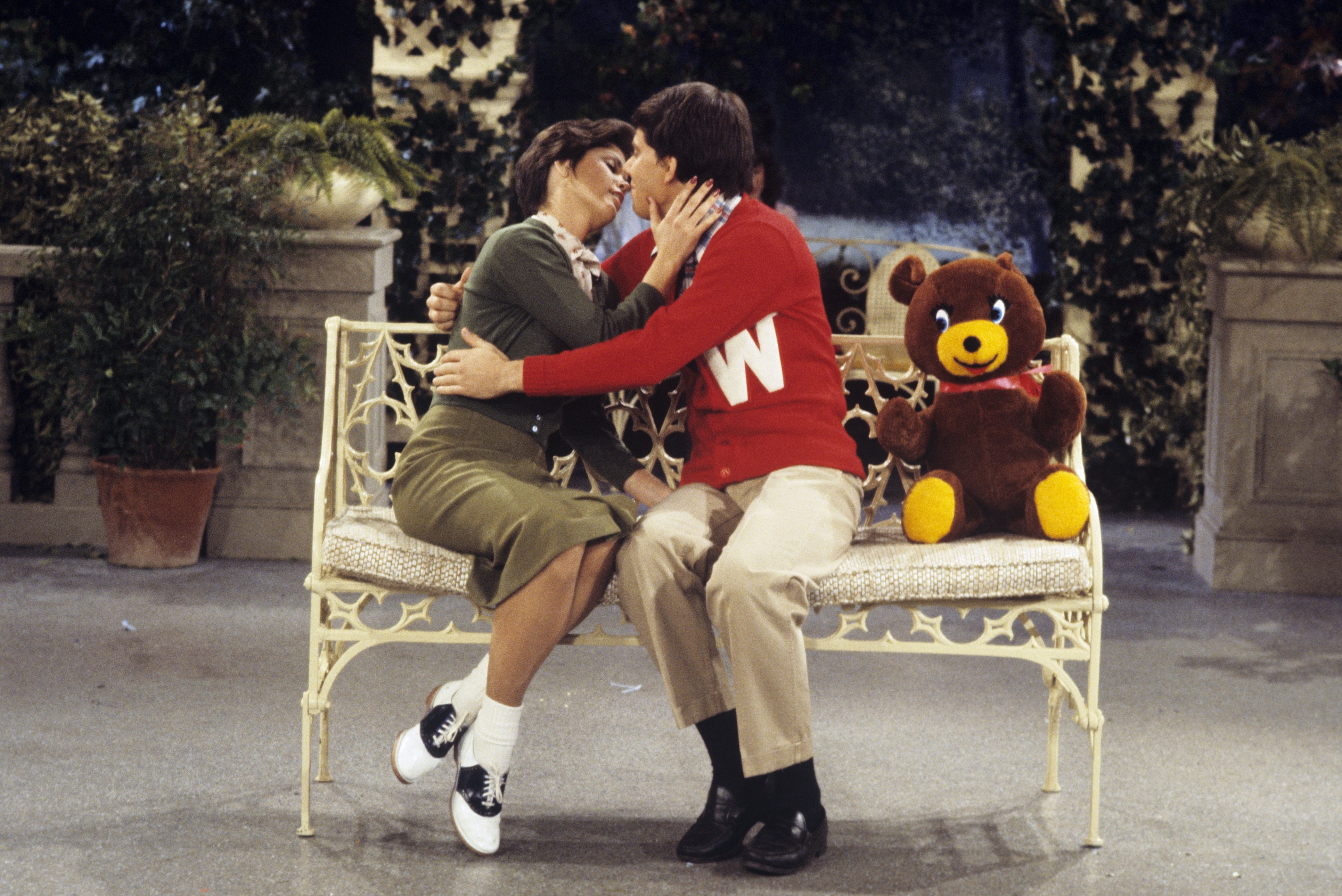
She dashed home to wash her hair when she saw him before introducing herself during rehearsal. When talking about the moment, Williams said,
“We just both knew that was it.”
Months later, Mahaffey migrated to Los Angeles to be near Williams and break out of her pure country mold. She started performing anywhere with live entertainment in Pasadena, Glendale, and Burbank.
After paying her manager, she barely had enough money left. Williams then suggested that some “Happy Days” executives needed to see Mahaffey perform at a Ramada Inn near L.A. Airport.
Once they had seen her performance, they hired her to appear in two segments six months later and cast her as Jennifer.
Regarding Williams’s big plans, Mahaffey had always been part of it. While planning their marriage, he also had a film project, “I Can Give You Music,” which he hoped to produce and costar with Mahaffey.
The film was a low-budget love story about a California boy who meets a girl from Nashville, and she teaches him country music.
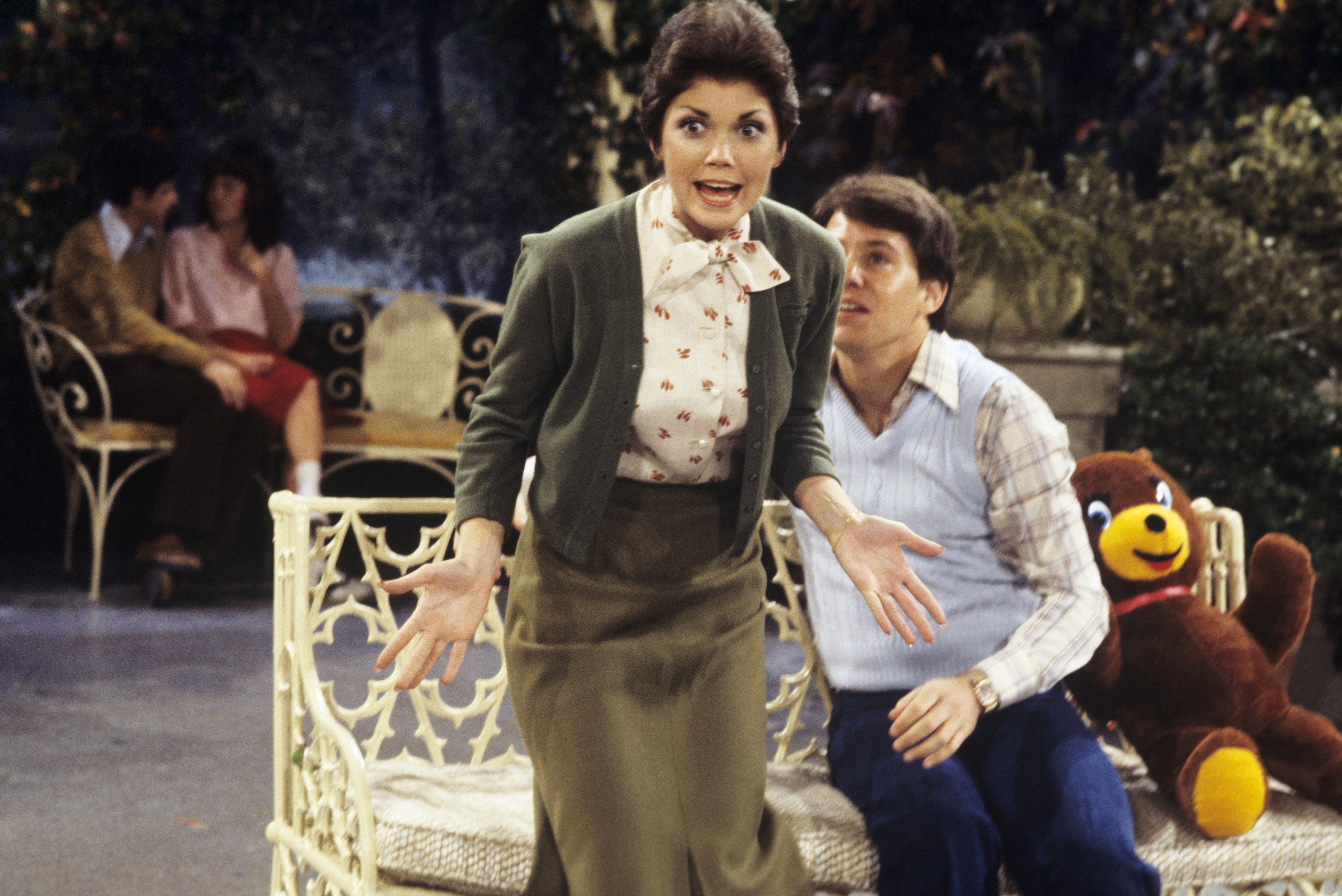
The couple had planned to get married in the autumn of 1978. Being a dynamic couple, they had completely different talents and understood that they were not competing.
However, Mahaffey said she had already made sure that her husband wouldn’t try to hold her back with sexist demands if her show became a hit, and they were both focused on each of their careers to think of that.
Being a child who was always on the move, Mahaffey never liked anything too permanent, but marriage to Williams was an exception. She said,
“You look for stability in relationships.”
Their relationship was not perfect, as they had moments when they argued. They believe in yelling, screaming, getting it out, and making up.
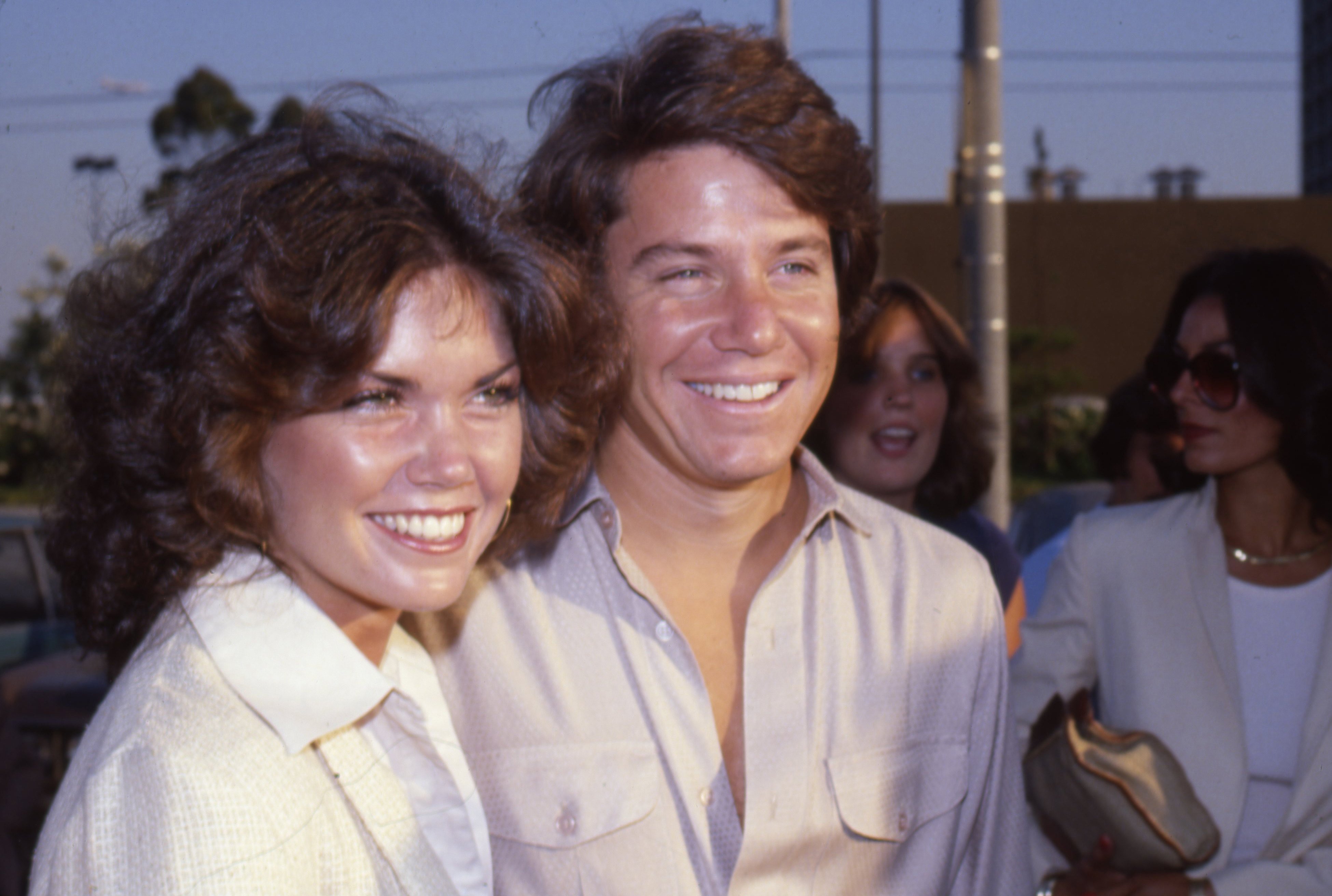
Following their marriage, the couple went on to host their music variety show, “Anson ‘n’ Lorrie,” albeit the show was short-lived. Sid and Marty Krofft produced the show in 1979.
In the pilot, the couple performed “The Way You Do the Things You Do” and “Let It Be Me” while their guest star Eddie Rabbit sang “Kentucky Rain.”
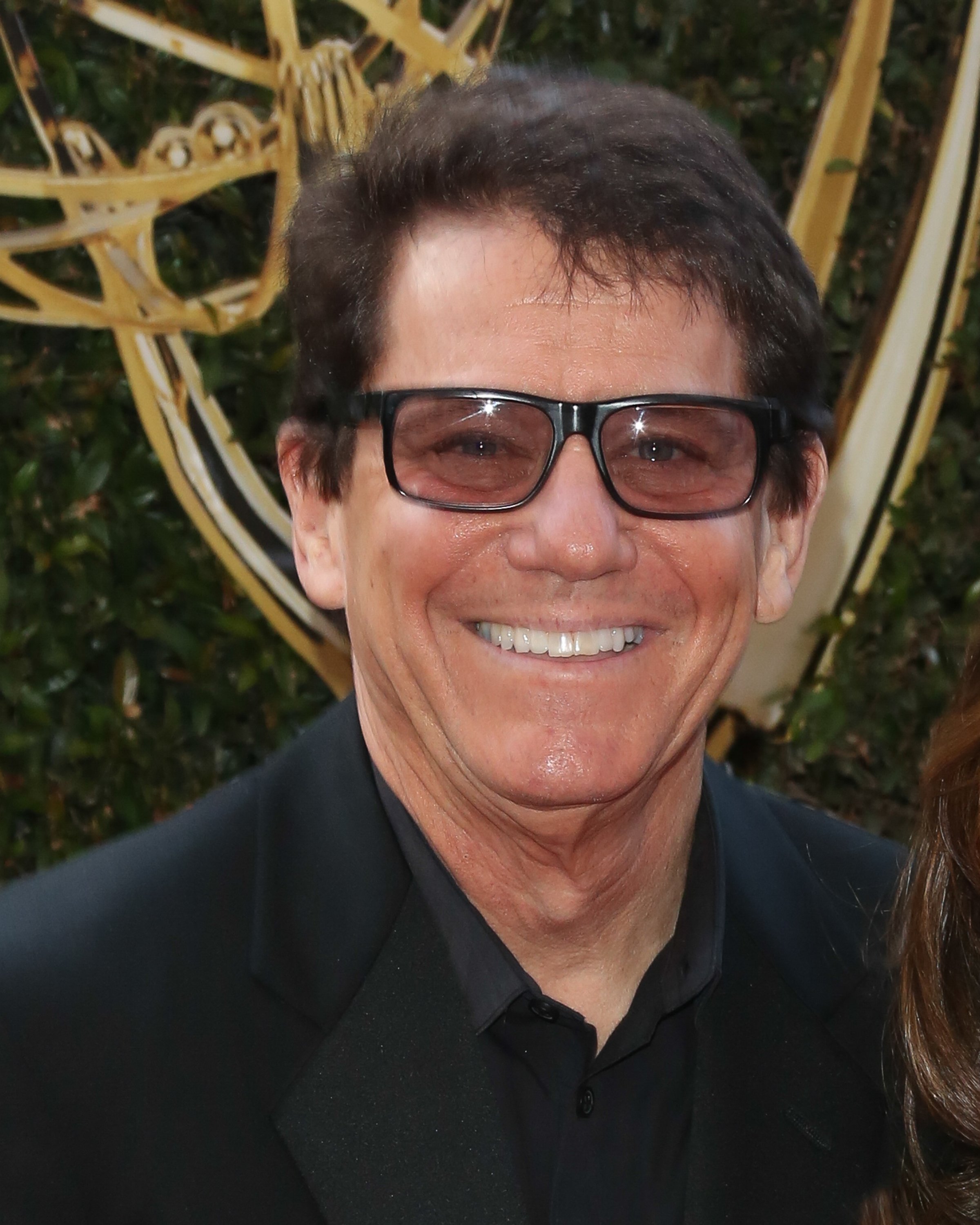
Their show also had guests like Ron Howard and Ali Molinaro from “Happy Days,” Jeff Altman, Darrow Igus, and Louise DuArt.
However, the New York Times criticized the program saying, “the songs are forgettable, the comedy adolescent, the personalities almost nonexistent. One passing remark neatly dates the show.”
According to his IMDB profile, the couple divorced eight years later and had one child. Two years after their divorce, Williams remarried Jackie Gerken.
After being married to Gerken for over 30 years, he filed for divorce twice in 2020. From his first filing, he claimed irreconcilable differences.
A few days later, he withdrew the divorce papers after they had agreed to remain apart and lead separate lives for the sake of their children.
However, after filing for a second time, he said their arrangement to remain separate didn’t work, and they needed a divorce decree to clarify their relationship status.
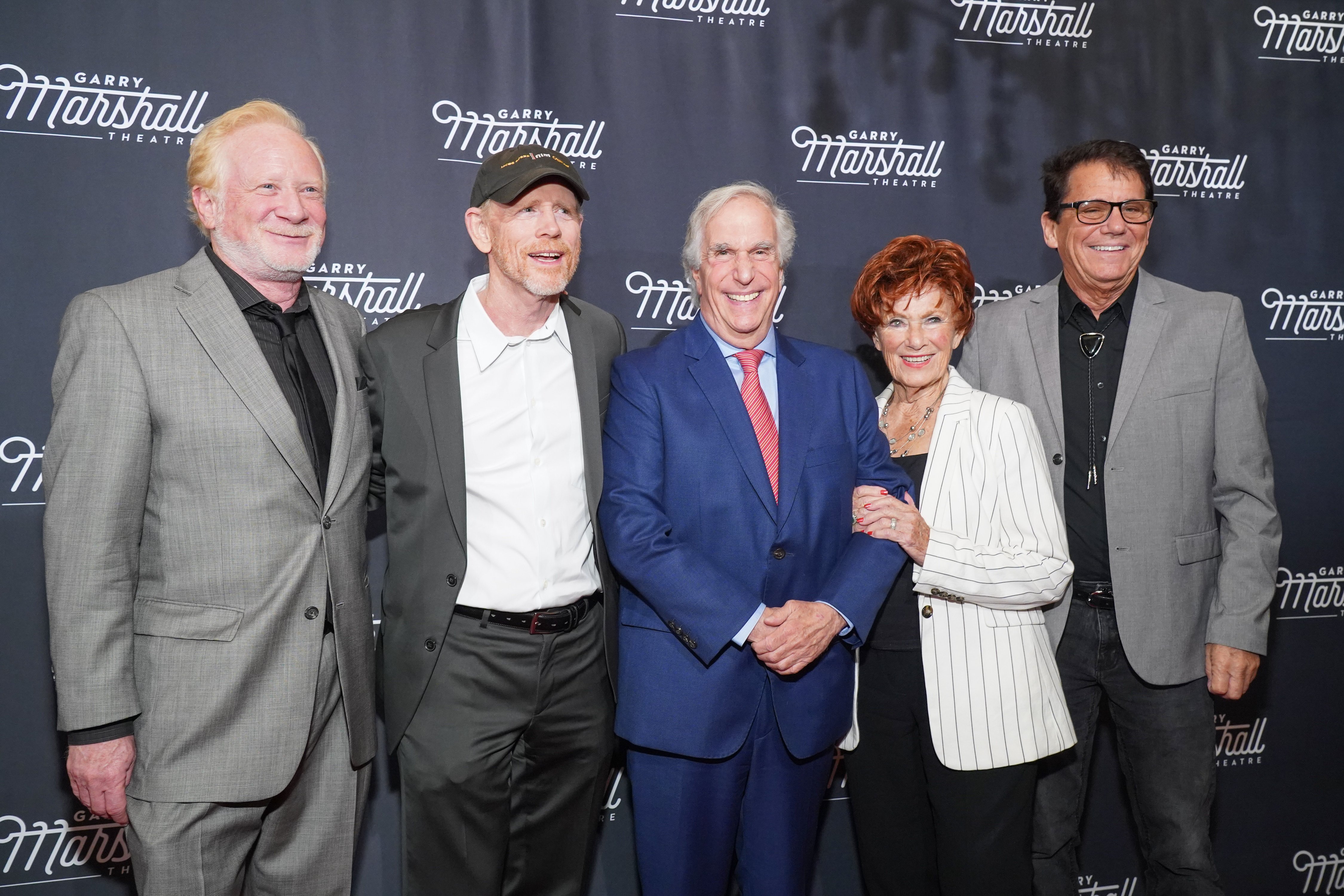
The cast of “Happy Days” had reunited on two different occasions. In 2015, three of the show’s stars got back together as they attended the Celebration Exotic Car Festival in Florida.
The stars were Henry Winkler, who played Fonzie, Williams, and Donny Most, who played Ralph. They talked about the number of viewers “Happy Days” had per week compared to what shows have in recent times.
In 2019, they reunited again and reminisced on when they played softball and charades together. At their second reunion, Marion Ross and Howard were with them.
Howard revealed he almost quit at the reunion when the network wanted to retool the show to focus on Fonzie because of his popularity. They tried to rename the show to “Fonzie’s Happy Days.”



